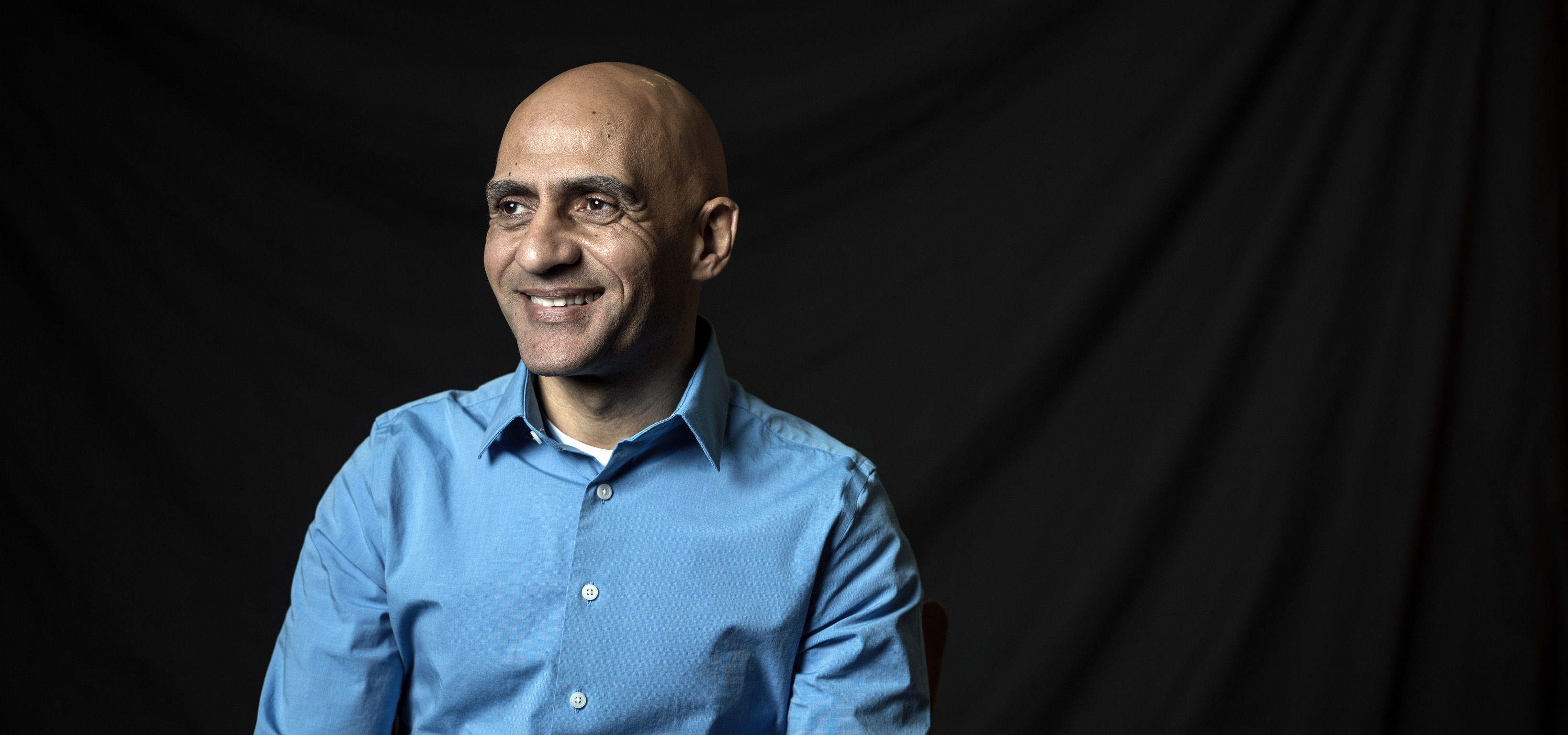
Ehab Meselhe Employs Science to Save Louisiana’s Fragile Coastline
Content Provided by our sponsor: TEDxLSU.![]()

When researchers, developers and policymakers want to make productive environmental changes to the Gulf coastline, they ask Ehab Meselhe and his team for guidance.
Ehab was born in Egypt, where he developed a fascination with waterways like the Nile, a curiosity that would propel him halfway across the world to the Mississippi River. Today, he is the Vice President of Science and Engineering at The Water Institute, the Baton Rouge-based independent research organization dedicated to providing science and solutions for challenges coastal communities face around the world. He’s working with a team of researchers and engineers on large-scale coastal restoration projects, and exploring how 3D modeling of coastal systems can combat erosion in Louisiana. He is also a Professor at the River-Coast Science and Engineering Department at Tulane University.
|
|
Ehab recently sat down with us to discuss his work and life. Read some highlights of the conversation below.
When did you develop an interest in studying bodies of water?
When I got my undergraduate degree, I wanted to practice structural engineering. So, I joined the water resource research center in Egypt. Within the center, I was assigned to the water-oriented group instead of the structural group, and I didn’t like that. I asked the director of the group if I could switch to structural, and he said try it for one year, and if I didn’t like it he’d switch me himself. So I tried it and I loved it. I never switched. It wasn’t really my decision, but I ended up liking it. That’s how I started my career in water.
So many different stakeholders rely on the Louisiana coast. How does that affect restoration efforts?
To get people to accept a subset of what they have been used to is a big challenge because when somebody is used to a certain setting and a certain environment, they don’t want to give up any part of it. We are losing a lot of land, and that will come at a price. So, if everybody accepts that they may have to give a little bit, then we may be able to come up with a solution that can serve as many people as possible.
If you had to switch jobs with another TEDxLSU speaker, who would it be?
I would switch with Dr. Lauren Pharr, for sure. I love birds. Her talk (on how vultures innovate forensic science) was incredibly fascinating, and I just love detecting clues and connecting the dots. It’s really exciting to me. So, I would switch with her any day.
What is your alternate reality career?
I would have liked to be a coffee shop owner. I want the shop to be right on the water — on the backside of it would be a patio with a screen, so that people could sit there and work and study and enjoy. I also would want to provide very fresh pastries, because I like that. I almost pursued it. I bought a piece of land on the water, and it’s commercially zoned, so I may be able to still realize that dream someday.
What excites you the most about Baton Rouge?
The energy that has started to develop downtown. There is a lot of upcoming energy, a lot of new companies are coming in, and a lot of activities downtown in the water campus area, so that’s pretty exciting to me.
How do natural disasters affect your team’s research?
We have been talking about developing flood-warning systems that alert people ahead of time. It would help quite a bit with how people prepare and respond. Some of these disasters are not preventable. When you receive 50 inches of rain in a very short time period, there will be a flood. The question is can we prepare better — and the answer is yes. So, that’s one of the biggest focuses of our team right now, to help communities develop these flood warning systems so that they will have this information days ahead of time.
What inspires you about the work you do?
The ability to help make a difference and improve people’s quality of life. It really does affect the quality of the roads you drive on, the water that you consume, the environment that protects us and provides for us. So if I can actually be part of a big project that helps make a difference, then I will call my career a success.
To learn more about Ehab or about TEDxLSU 2018, follow TEDxLSU on Facebook, Twitter, and Instagram. Reserve your seat now to listen to his talk, as well as the talks of all of the other TEDxLSU 2018 speakers.
|
|
|
